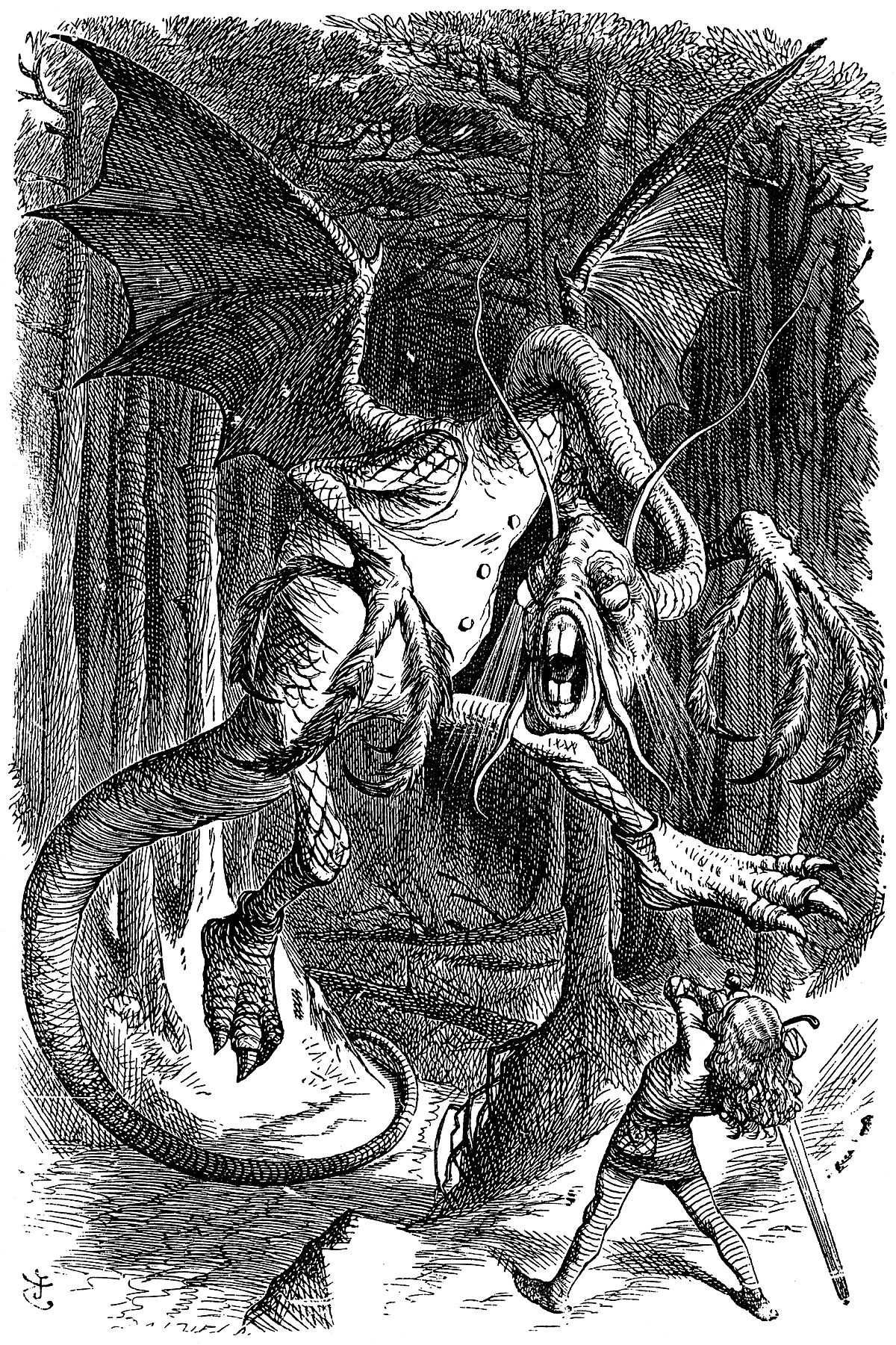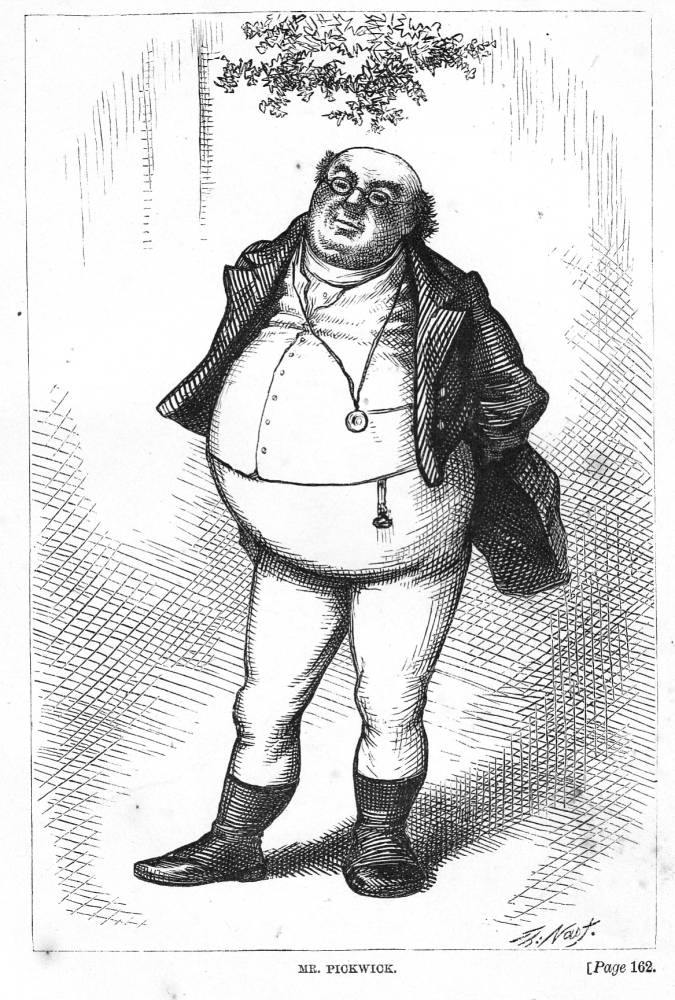Herewith four articles which treat an aspect of the theme launched centuries ago when it was claimed that if we managed to somehow integrate all the knowledge about things we have collected in the past — and which we continue to collect even now — we will attain a comprehensive, synoptic view of our universe, of our world. The assumption made was that we live in a finite world so that all that could be known about this world will become known!
This is a deceptive over-assessment of what can be done with such a “collection”, assuming of course that we had it! An opposing insight is that the task of getting to know everything is not possible because such a collection includes much that is at present contradictory. Much of this materials cannot be reconciled. For example, there are likely to be theories in the collection which are plainly incorrect, which yield contradictions and therefore should be viewed as “fictions” — not as facts — and that these cannot be part of a “totality of facts”. A “totality” assumes, I believe, that was has been collected also includes incompatible items. Anything contradictory would need to be excluded.
The Fictions We Create 1: Knowledge by Definition and Conception
We have a way of stating that something is “true”, or “is the case”, by definition, by convention, which avoids the suggestion that it is empirically true. But we lack a method for indicating that something is the case by virtue of our description of it.
 How does one inform another person what “the Jabberwock” refers to? No real definition of this creature appears in the poem in Alice through the Looking Glass. However, we have an image of it from an illustration in the book, that is, we have admittedly only a vague concept of it which we share with all other lovers of the Alice books and its fabulous unique menagerie of characters.
How does one inform another person what “the Jabberwock” refers to? No real definition of this creature appears in the poem in Alice through the Looking Glass. However, we have an image of it from an illustration in the book, that is, we have admittedly only a vague concept of it which we share with all other lovers of the Alice books and its fabulous unique menagerie of characters.
I here suggest that we adopt the convention “x=cpt” to indicate that something, x, is the case but by virtue of its conception. Conversely, we would use “x=df” to indicate that it is true by definition or convention.
 To refer to someone as “Pickwickian” also illustrates this point. Mr. Pickwick is a character described in loving detail by Charles Dickens. He has since become a universal image for a certain kind of 19th century person of the English middle class. He cannot be described well or adequately by a single, or even by a small set of sentences, but in a sense he “emerges” through acquaintance with the many descriptions given of him throughout the novel bearing his name. He has become what Freudians called an “imago”, a prototype based strongly on unconscious factors.
To refer to someone as “Pickwickian” also illustrates this point. Mr. Pickwick is a character described in loving detail by Charles Dickens. He has since become a universal image for a certain kind of 19th century person of the English middle class. He cannot be described well or adequately by a single, or even by a small set of sentences, but in a sense he “emerges” through acquaintance with the many descriptions given of him throughout the novel bearing his name. He has become what Freudians called an “imago”, a prototype based strongly on unconscious factors.
This, then, is what is meant by having knowledge by conception, for which I have now suggested the expression, “x=cpt”.
